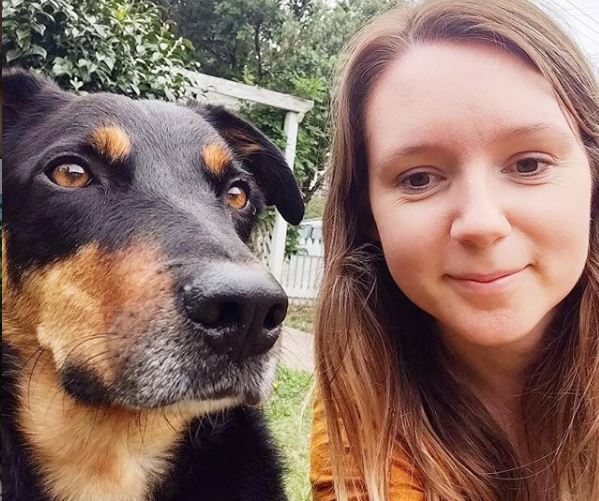Meet the tutor: Amanda Krieg, Veterinary Nursing
We recently spoke to Amanda Krieg, tutor for the Veterinary Nursing Assistant (Level 5) programme. She gave us the rundown on the programme, the skills she teaches, her favourite part about being a veterinary nurse, career opportunities for graduates, and more.
What are the main components of the Veterinary Nursing Assistant (Level 5) programme?
In the first trimester, we run classes from Monday to Wednesday, covering a range of topics including reception, welfare, clinical examination and grief management. This provides learners with the foundation needed to support them in their work placement, which they complete in a veterinary clinic one day per week.
In the second trimester; hospital, diagnostic, and surgical topics will be taught to prepare learners to practice the duties of a veterinary nurse in their placement, along with a second work placement set up by our work placement coordinator. Throughout the year, practical opportunities are provided in class for students to practice these skills, prior to performing them in the veterinary clinic.
What sort of skills do you teach ākonga studying the programme?
We teach low-stress animal handling, communication skills, grief management, veterinary computer-based skills, diagnostic, surgical, anaesthesia, and emergency response skills.
What is your favourite part about being a veterinary nurse?
I love how varied the role of a vet nurse is. I am an anaesthetist, groomer, administrator, dog walker, trainer, counsellor, radiographer, animal advocate, teacher, and more. I really enjoy meeting and helping the variety of companion and exotic animals that would visit the vet clinic. Not one day is the same and there are always opportunities to expand your knowledge and skills.

Veterinary tutor Amanda Krieg and her dog, Hunter
What career opportunities are there for graduates of the Veterinary Nursing Assistant (Level 5) programme?
A veterinary clinic receptionist, and a veterinary nursing assistant to assist both the veterinarian and Diploma veterinary nurse in a veterinary clinic environment.
What are the main differences between the Animal Care and Veterinary Nursing Assistant programmes?
The Veterinary Nursing Assistant (Level 5) programme prepares a learner to work as a veterinary nursing assistant in a veterinary clinic environment. The Animal Care (level 3) programme gives students the knowledge and skill to work in a non-clinical animal facility. This may include working in animal boarding, pet grooming or pet sitting.
Study Veterinary Nursing at WelTec
If you love animals and want to make a career out of it, our veterinary nursing programmes are for you.